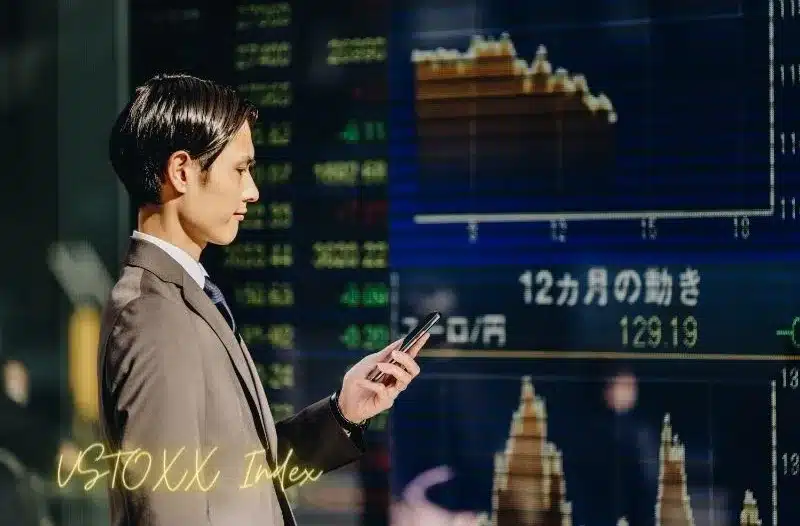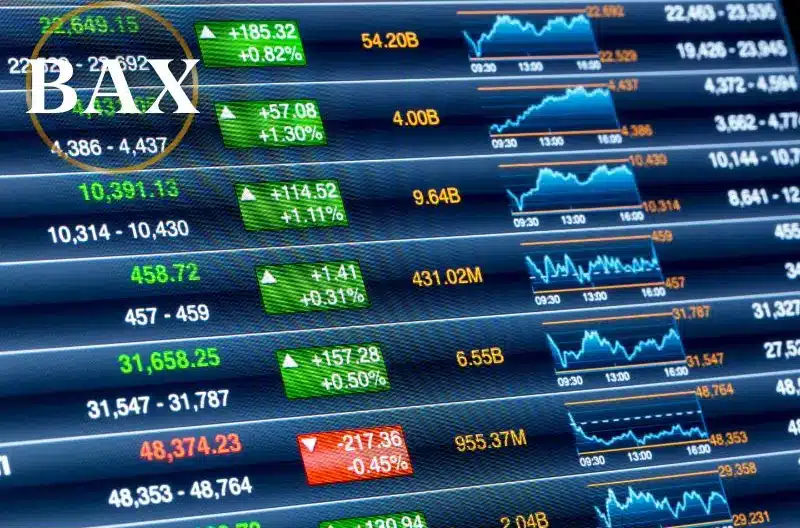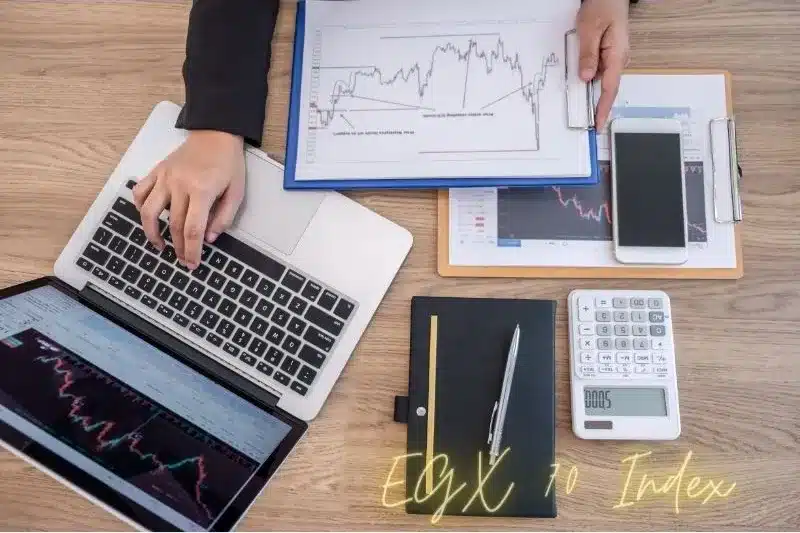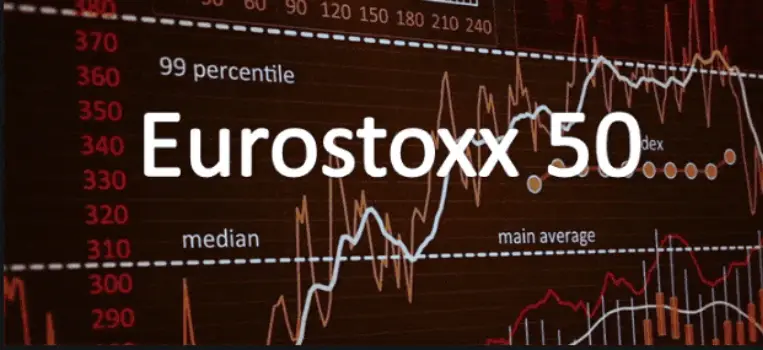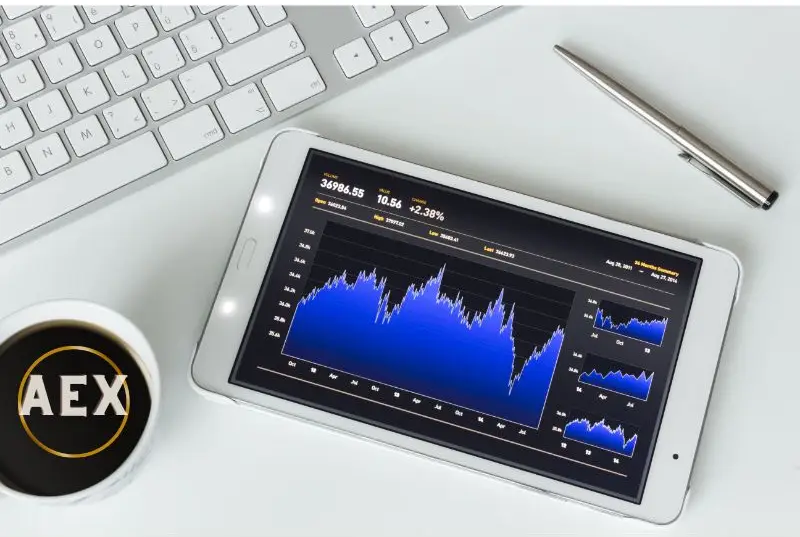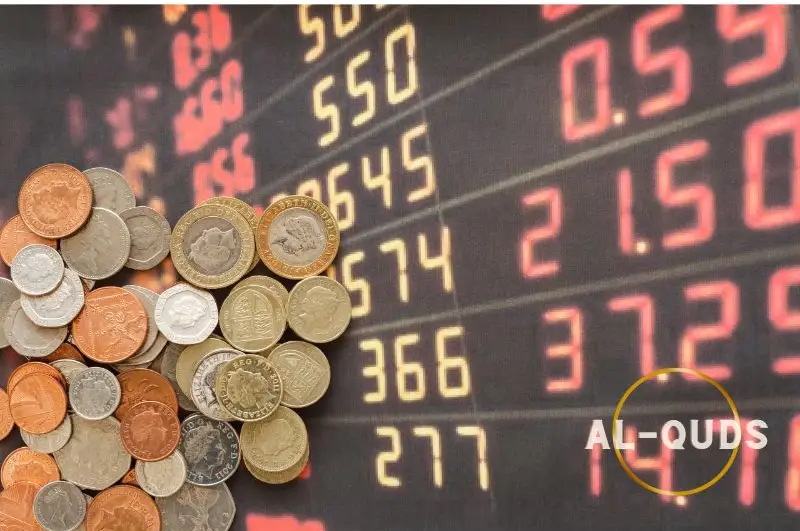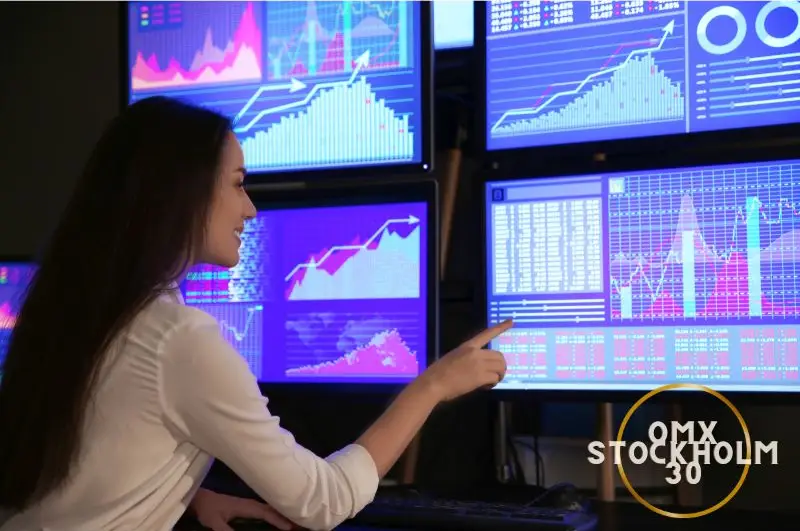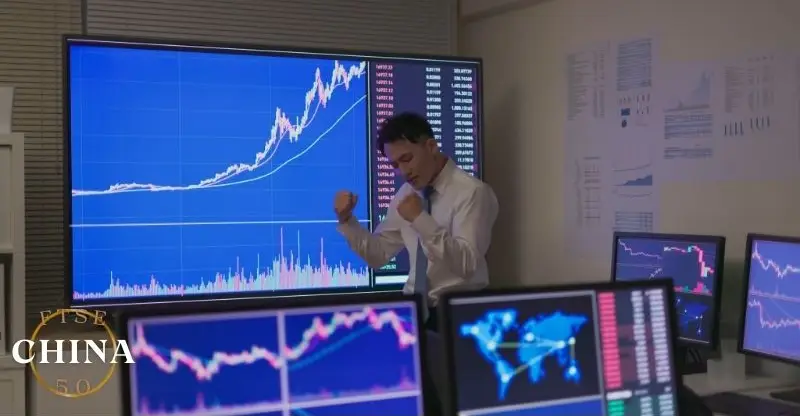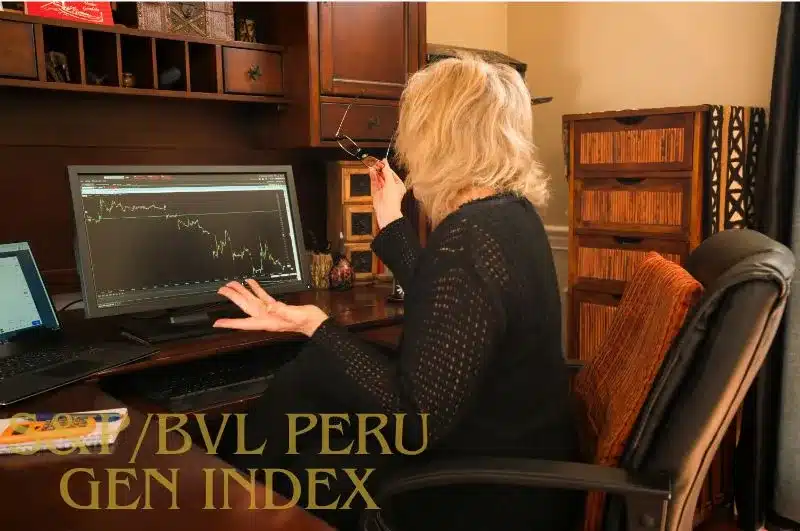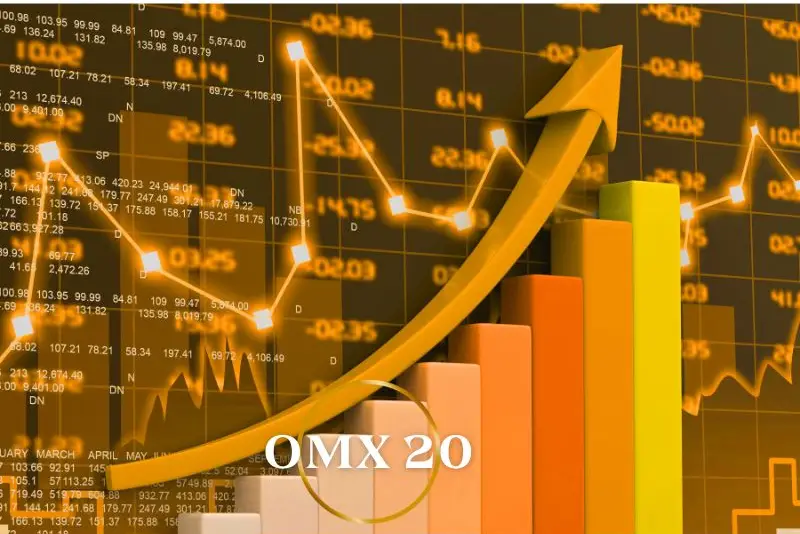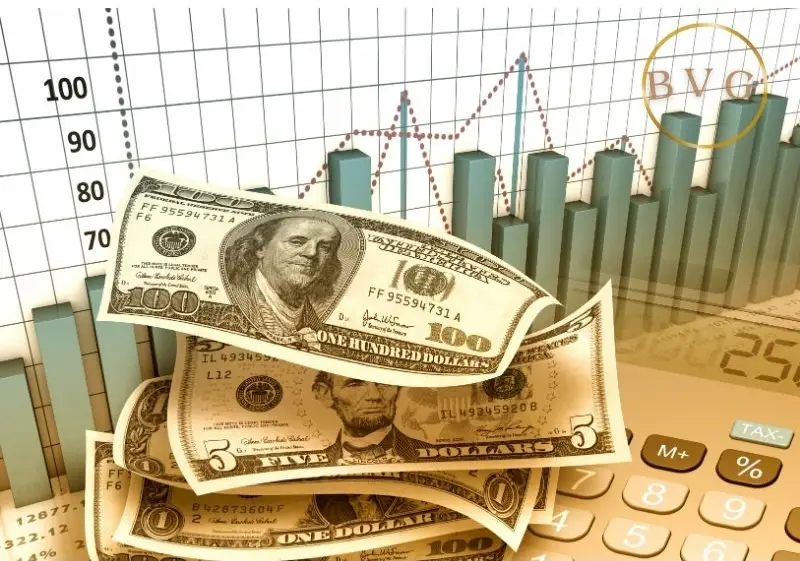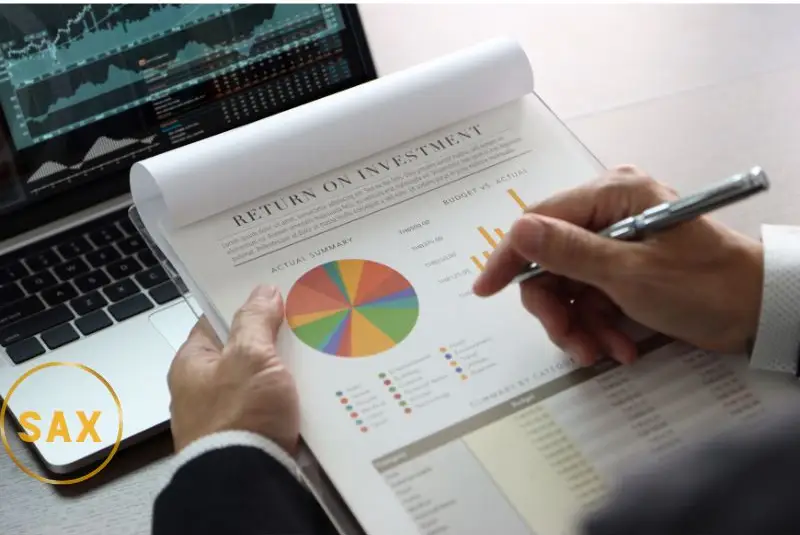Have you ever wondered about the dynamic world of the stock market in Austria? With its rich history and strong economic presence, the Austrian stock market plays a crucial role in the global financial landscape.
Investors from around the world look to Austria for opportunities in various industries such as technology, finance, and energy. The stock market in Austria provides a platform for businesses to raise capital and grow their operations, contributing to the country’s overall economic development.
Some of the key stock indices in Austria include the ATX (Austrian Traded Index), which tracks the performance of the top 20 companies listed on the Vienna Stock Exchange. Another important index is the CECE (Central European Blue Chip EM), which includes companies from Austria, Hungary, Poland, and other Central European countries.
Whether you’re a seasoned investor or just starting out, understanding the stock market in Austria can open up a world of opportunities for financial growth and success. Stay tuned for more insights and updates on this exciting market!
How Does the Stock Market Work in Austria
In Austria, the stock market operates similarly to other stock markets around the world. It provides a platform for buying and selling shares of publicly traded companies. The two main stock exchanges in Austria are the Vienna Stock Exchange (Wiener Börse) and the Third Market.
To invest in the stock market in Austria, one can open a brokerage account with a local or international brokerage firm. Investors can then buy and sell shares of Austrian companies listed on the Vienna Stock Exchange or other global companies available on international exchanges.
Some of the major stocks that generate profit in Austria include:
- Erste Group Bank AG (EBS)
- Voestalpine AG (VOE)
- OMV AG (OMV)
- Verbund AG (VER)
- Raiffeisen Bank International AG (RBI)
Investors can choose to buy individual stocks, invest in exchange-traded funds (ETFs) that track Austrian or global markets, or diversify their portfolio with mutual funds. It is important for investors to conduct thorough research and consider factors such as company performance, industry trends, and economic conditions before making investment decisions.
The stock market in Austria is regulated by the Financial Market Authority (FMA), which ensures fair trading practices and investor protection. It is recommended for investors to stay informed about market developments and seek advice from financial professionals when needed.
What is the benefits of buying stocks in Austria
Investing in the Austrian stock market can offer several benefits to investors. Some of these benefits include:
1. Diversification: Investing in Austrian stocks can provide international diversification to a portfolio, reducing overall risk.
2. Stability: The Austrian economy is known for its stability and resilience, making it an attractive option for investors looking for long-term growth opportunities.
3. Growth potential: Austria is home to many successful companies across various industries, offering investors the opportunity to capitalize on their growth potential.
4. Dividends: Many Austrian companies pay attractive dividends to their shareholders, providing a steady income stream for investors.
When investing in the Austrian stock market, it’s important to keep in mind some tips and takeaways:
1. Research: Before investing in any stock, make sure to conduct thorough research on the company’s financial health, performance history, and future prospects.
2. Diversify: Spread your investments across different sectors and industries to reduce risk and maximize returns.
3. Monitor your investments: Stay informed about market trends, economic developments, and company news that may impact your investments.
4. Seek professional advice: If you’re new to investing or unsure about where to start, consider seeking advice from a financial advisor or investment professional.
In conclusion, investing in the Austrian stock market can be a rewarding experience for investors seeking international diversification and growth opportunities. By following these tips and staying informed about market developments, you can make informed decisions and potentially achieve your financial goals.
The main stock indices in Austria
The most important stock market indices in Austria are the ATX (Austrian Traded Index) and the CECE (Central European Stock Exchange Index). The ATX is a price index that tracks the performance of the top 20 companies listed on the Vienna Stock Exchange, while the CECE index includes companies from Austria, Hungary, Poland, and the Czech Republic.
In Austria, stock market indices are regulated by the Financial Market Authority (FMA). The FMA is responsible for ensuring that market participants comply with regulations and that markets operate in a fair and transparent manner. The FMA also oversees the listing requirements for companies seeking to be included in stock market indices.
Regulation of stock market indices in Austria aims to maintain investor confidence and protect investors from fraud and manipulation. The FMA monitors trading activity, investigates irregularities, and enforces rules to prevent insider trading and other illegal practices.
Investors can use stock market indices as benchmarks to track the performance of specific sectors or markets. By investing in index funds or exchange-traded funds (ETFs) that mirror these indices, investors can diversify their portfolios and gain exposure to a broad range of assets.
Overall, stock market indices play a crucial role in providing investors with a snapshot of market performance and trends. Regulatory oversight ensures that these indices remain reliable indicators of economic health and investment opportunities in Austria.
Recap: The stock market in Austria
The stock market in Austria has shown steady growth over the past few years, with the ATX index reaching new highs. This can be attributed to a strong economy and stable political environment in the country.
Investors have been increasingly attracted to Austrian stocks due to their solid performance and potential for growth. The market is also known for its transparency and regulation, which provides a sense of security for investors.
Overall, the stock market in Austria presents opportunities for both domestic and international investors looking to diversify their portfolios. With a range of industries represented on the exchange, there are plenty of options for those looking to invest in this dynamic market.


































